Topic: world
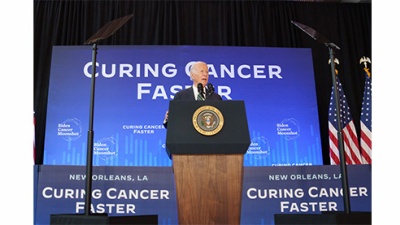
President Biden Announces Funding to Tulane for Cancer ‘Moonshot’ Project
President Joseph R. Biden Jr. and First Lady Jill Biden visited Tulane to celebrate a project that promises to bring a new kind of magic to the world of cancer treatment.
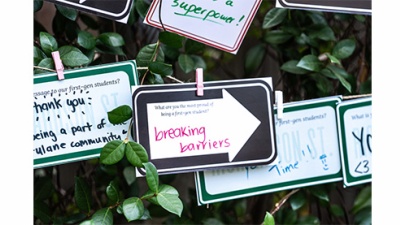
First-Generation Student Success
Tulane joins over 400 higher education institutions nationwide as a member of the FirstGen Forward Network.
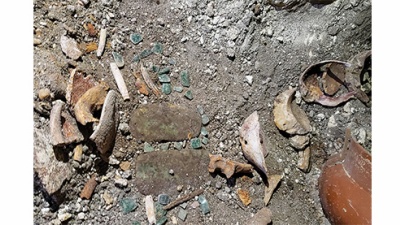
Maya King’s Tomb Reveals Rare Treasures
An ancient Maya tomb dating back 1,700 years has been discovered by a Tulane archaeologist at the site of Chochkitam in Guatemala.

Nobel Prize Comes Home to Tulane
Forty-seven years after endocrinologist Dr. Andrew Schally was awarded the Nobel Prize for medical research conducted at Tulane, the prestigious award is returning home.
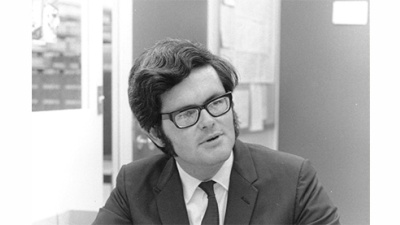
Speaker Newt Gingrich Donates Congressional Papers
Newt Gingrich’s congressional papers consist of more than 3,450 boxes of materials from his 20 years in Congress and 40-year political career.
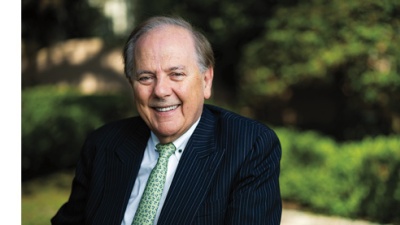
Compassionate Doctor, Tireless Researcher
Dr. Paul Kieran Whelton leads the way in the prevention and treatment of high blood pressure, a global killer.
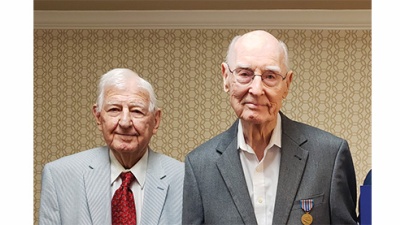
Impression: John Barney Taylor and George B. McCullough
George B. McCullough (B ’48, B ’52) and John Barney Taylor (B ’48) first met in 1943. Fast-forward some seven-plus decades, and they still keep in touch.
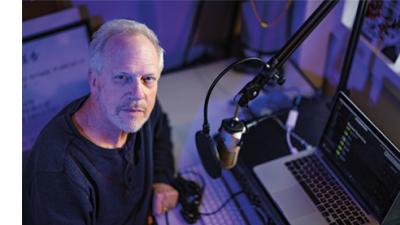
Impresario of ‘American Routes’
Nick Spitzer, professor of anthropology, celebrates 25 years as producer and host of the public radio program “American Routes.” Broadcasting from a studio on the Tulane uptown campus, Spitzer continues to be grateful to “meet and converse” with vernacular musical artists as he brings their stories to a million listeners weekly.
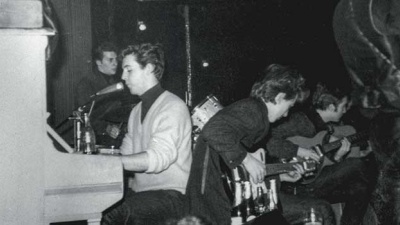
In the Mist of Memory: The Beatles and My JYA Experience
A recollection of a ‘what-if’ rock ’n’ roll encounter in a Hamburg, Germany, Reeperbahn club 60 years ago.

Refugee Camps in America
Jana Lipman, associate professor of history, wrote “Detaining Migrant Children at U.S. Military Bases Has Been Done Before,” in TIME in June. Lipman has conducted research on refugee camps in America that reveals that the U.S. government has repeatedly turned to military bases to shelter immigrants. “At different times throughout the 20th century, the federal government kept groups of people from Hungary, Vietnam, Cuba and Haiti on U.S. military bases. The result can be either efficient immigration processing or a prolonged, confined and traumatic experience,” said Lipman.https://tulane.it/refugee-camps-time








































